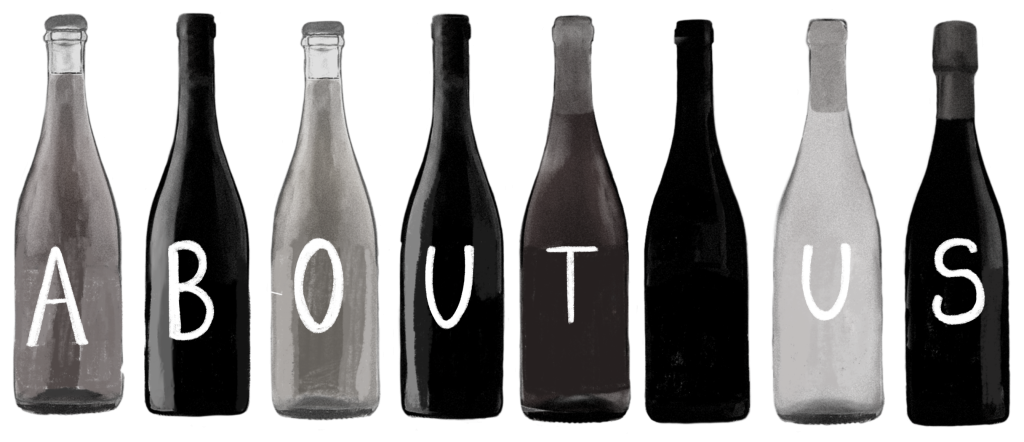
Respect for the vineyard is at the heart of everything we do. Great wine starts with great grapes, and we work exclusively with wineries that prioritize sustainability and biodiversity in their farming practices. Whether it’s through biodynamics, organics, or other sustainable methods, these approaches reflect a way of life that values the health of the land and its future.
Respect for the winery is equally important. A balanced approach to winemaking ensures the fruit’s natural beauty is preserved without overshadowing it. We partner with producers who understand this delicate balance—those who know when to intervene and when to let nature take its course. For them, winemaking is an art, and their wines are the frame that enhances the masterpiece created in the vineyard.
Innovation is another cornerstone of our philosophy. We support wineries that aren’t afraid to experiment—whether it’s trialing drought-resistant varietals or adopting unconventional winemaking techniques. Many of these innovations are reshaping Australia’s wine industry, and we’re proud to play a part in bringing these exciting developments to market.
Above all, our work is fuelled by a deep passion for wine. This love drives us to understand its history, evolution, and the stories behind every bottle. As the saying goes, “How can we know where we are going if we don’t know where we came from?” By honouring tradition while embracing the future, we aim to connect people with wines that are authentic, meaningful, and truly memorable.
As a Queensland-based distributor, we face unique challenges when it comes to warehousing. The intense summer heat can compromise the quality of fine wine, which is why we’ve invested in a state-of-the-art storage facility. Our warehouse is equipped with top-grade insulation, heat extraction, and powerful air conditioning systems to maintain optimal cellaring conditions year-round. Additionally, we work closely with our winery partners to ensure shipments are timed perfectly, so every bottle arrives in Brisbane in the best possible condition.
At Cork & Co, our mission is simple: to deliver fine wines with a conscience, working with producers who share our dedication to quality, sustainability, and innovation. Together, we ensure every bottle tells a story worth sharing.
COOL AND CAREFUL
At Cork & Co, we are driven by a commitment to partnering with producers who share our values of crafting exceptional wines while respecting the land and its resources.
Our guiding principles are built around four key ideals: respect for the vineyard, respect for the winery, a willingness to innovate, and a deep passion for wine. Together, these elements underpin our mission to bring fine wines to market without compromise.
